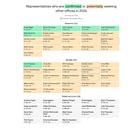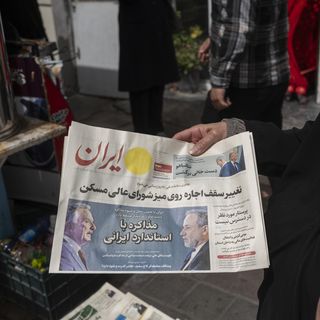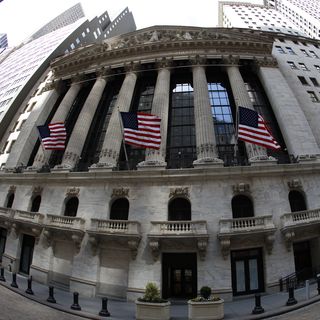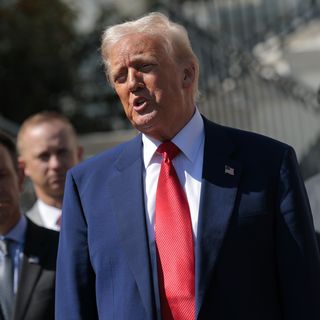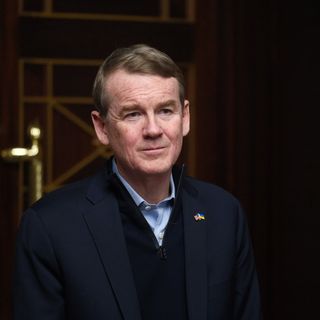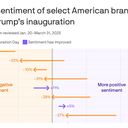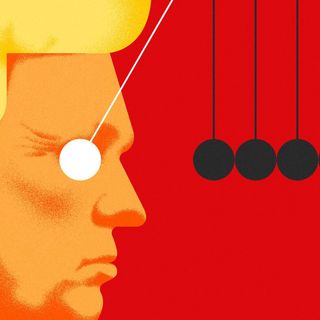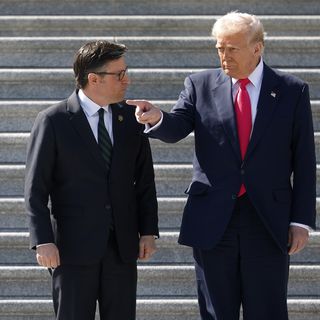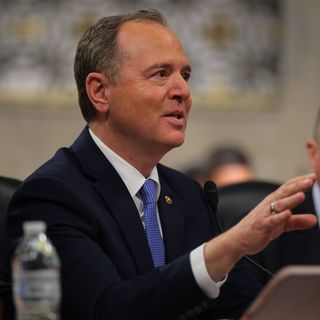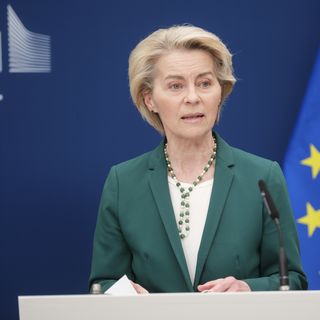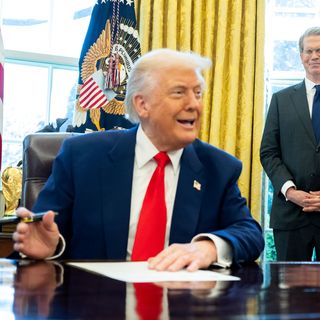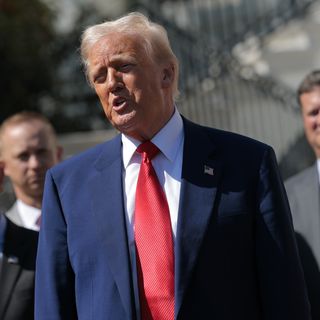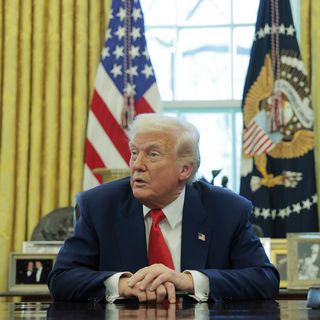House leaders face growing horde of members grasping for higher office
The cohort of House members eyeing higher offices keeps expanding, with at least three dozen lawmakers now actively running or considering bids for Senate and governor.
Why it matters: The dynamic could complicate things for both Speaker Mike Johnson (R-La.) and Minority Leader Hakeem Jeffries (D-N.Y.) as they try to maximize attendance to thwart each others' plans.
- In Jeffries' case, he's already dealing with two vacancies caused by deaths and another member, Rep. Donald Norcross (D-N.J.), in intensive care.
- But Jeffries told Axios he is not worried, saying House Minority Whip Katherine Clark (D-Mass.) "has done a tremendous job; we've had complete attendance, absent a handful of medical emergencies."
What we're hearing: Rep. Jared Golden (D-Maine) signaled he could run for Senate or governor, telling Axios he is "running for reelection to my seat as far as I know, but I'll look at statewide offices. I'm not taking anything off the table."
- Rep. Nancy Mace (R-S.C.) is "99.9%" of the way to a gubernatorial run, a source familiar with her thinking told Axios.
- Rep. Buddy Carter (R-Ga.) isn't ruling out a run for governor or Senate, saying in a statement to Axios he will "continue my service to the people of Georgia at whatever level they choose in the future."
The intrigue: Some House members, asked about their reported ambitions in interviews with Axios, demurred.
- Rep. Joaquin Castro (D-Texas), asked whether he is sizing up a run for governor, told Axios: "If I make any decisions, I'll be sure to let you guys know."
- Rep. Wesley Hunt (R-Texas), who has mulled jumping into the crowded Senate race in his state, told Axios: "No comment yet, give me a week."
- Rep. Jake Auchincloss (D-Mass.), speculated as a potential primary challenger to Sen. Ed Markey (D-Mass.), said: "My political focus is taking back the House; my leadership PAC, Beyond Thoughts and Prayers, is again going to be supporting battleground Democrats."
Yes, but: Others who had considered bids for higher office are firmly ruling out leaving the House — at least for now.
- Rep. Greg Landsman (D-Ohio), previously floated as a potential challenger to Sen. Jon Husted (R-Ohio), told Axios he is "staying put" in the House.
- Rep. Veronica Escobar (D-Texas), seen as a Democratic Party rising star, is "not considering" any statewide runs, a source familiar with the matter told Axios.
By the numbers: More than a half dozen House members are already running for other offices — six for governor, one for Senate — with at least another 30 considering runs.
- Some are conditioning their plans on what political heavyweights in their states do: Several ambitious House Republicans in Georgia, for instance, have said they would only consider running against Sen. Jon Ossoff (D-Ga.) if Gov. Brian Kemp (R) passes on a bid.
- The same dynamic is at play for incumbent senators, with numerous House Democrats waiting to see whether Sen. Dick Durbin (D-Ill.) retires.
Others may jockey behind the scenes for appointments to fill the seats of senators who are expected to run for governor.
- Rep. Tim Burchett (R-Tenn.) told Axios he is interested in replacing Sen. Marsha Blackburn (R-Tenn.) if she is elected governor.
- Reps. Jason Crow (D-Colo.) and Joe Neguse (D-Colo.) are both being floated as potential picks to replace Sen. Michael Bennet (D-Colo.).
What to watch: Several races could see a slugfest between multiple House members.
- A recent 314 Action Fund poll showed a close race between Reps. Lauren Underwood (D-Ill.) and Raja Krishnamoorthi (D-Ill.) for Durbin's seat, with Rep. Robin Kelly (D-Ill.) trailing.


